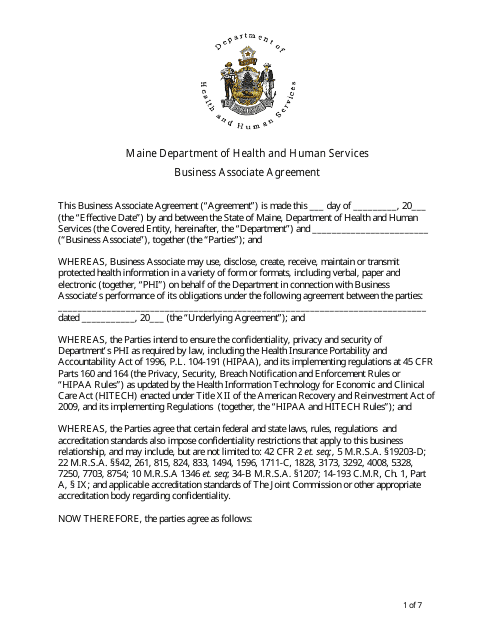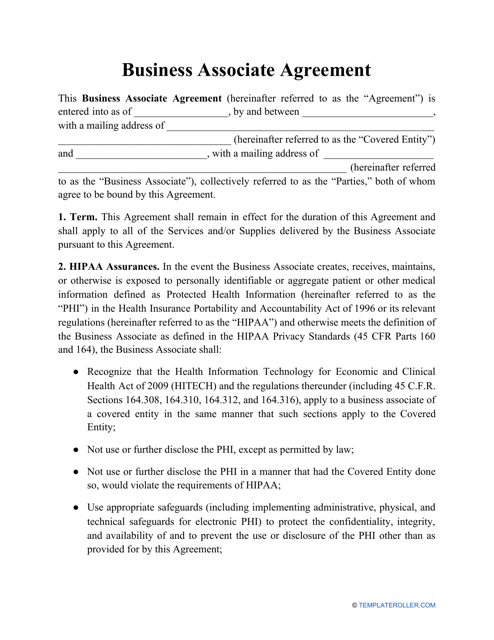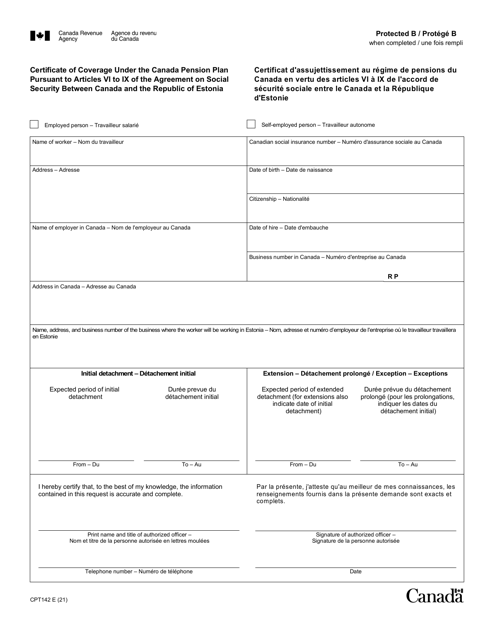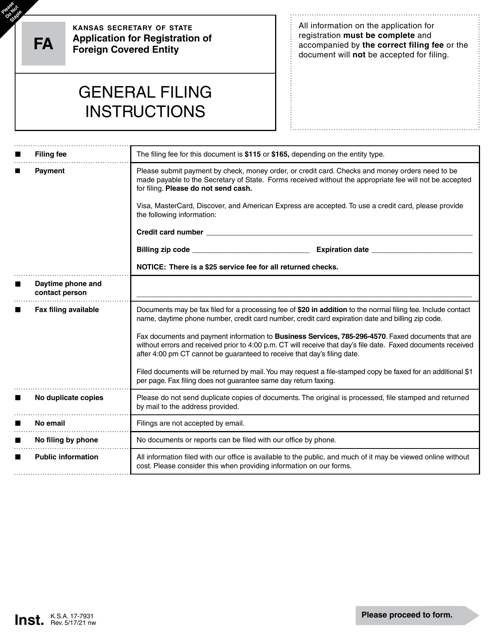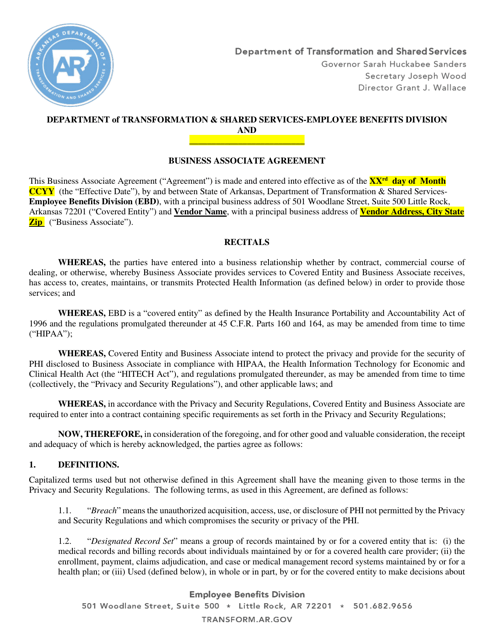Covered Entity Templates
A covered entity, also known as a business associate, is a crucial component in various agreements and regulations across different countries, including the United States and Canada. These agreements require certain organizations to comply with specific requirements and obligations in order to safeguard sensitive information.
One example of a document associated with a covered entity is the Business Associate Agreement Template. This document outlines the responsibilities and expectations between a covered entity and a business associate, ensuring that both parties understand their roles in protecting confidential data.
In Canada, a similar document called the Form CPT142 Certificate of Coverage Under the Cpp Pursuant to Article VI to IX of the Agreement on Social Security Between Canada and the Republic of Estonia exists. The purpose of this form is to establish coverage for individuals under the Canadian Pension Plan (CPP) based on the social security agreement between Canada and Estonia.
Another document associated with a covered entity is the Form FA Application for Registration of Foreign Covered Entity. This form is specifically required in the state of Kansas and is used to register a foreign covered entity operating in the state.
Overall, whether referred to as a covered entity or a business associate, these entities play a crucial role in ensuring compliance with regulations and agreements. Through the use of various documentation, organizations demonstrate their commitment to protecting sensitive information and maintaining accountability.
Documents:
5
This document is a template for a Business Associate Agreement in the state of Maine. It outlines the confidentiality and security requirements for a business associate working with a covered entity in the healthcare industry.
Individuals may use this as an agreement between organizations that use, produce, manage, or store Protected Health Information (PHI) and is required by law to maintain HIPAA compliance.
This type of document is a Business Associate Agreement specific to the state of Arkansas. It outlines the responsibilities and obligations between a covered entity and a business associate under the Health Insurance Portability and Accountability Act (HIPAA).

